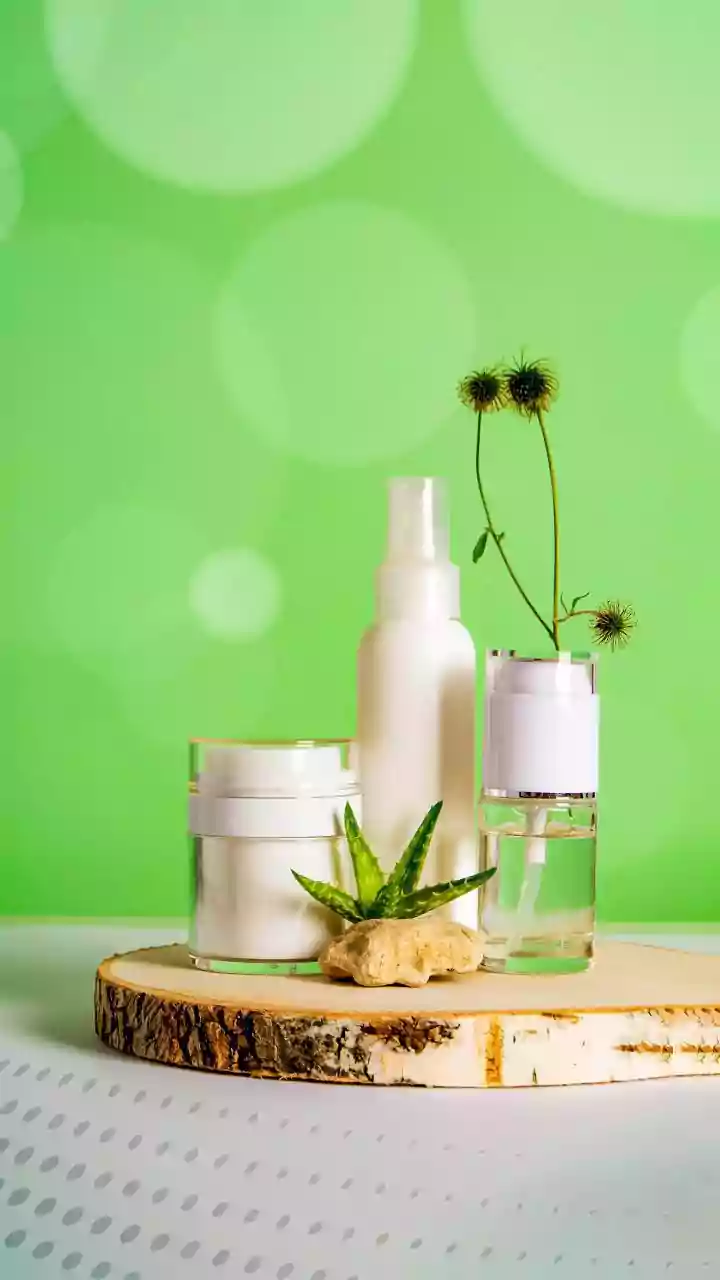Unraveling 5 Haircare Myths: Your Guide to Healthy Hair - Get the facts to nourish your locks! Read more to bust the myths
For many of us, our hair is our crowning glory. From long, flowing tresses to a short,
sassy bob, we spend a lot of time and effort trying to keep our hair looking its best. But in the quest for perfect hair, it's easy to fall prey to common myths and misconceptions.
These can lead to ineffective routines, wasted money, and even damage to your precious locks. So, let's bust some popular haircare myths and find out what you really need to know for healthy, happy hair.
Trims don't boost hair growth; they prevent breakage
This is a classic! Many believe that regular trims stimulate hair growth. Sorry to burst the bubble, but trims don't affect growth at the scalp, which is where the magic happens.
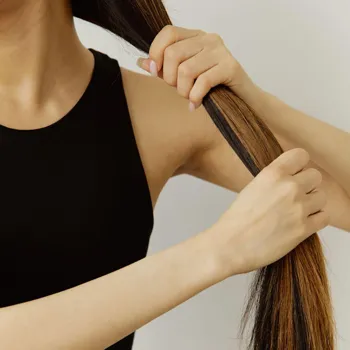
Hair grows from the follicles in your scalp, and trimming the ends simply removes split ends and prevents breakage from travelling up the hair shaft. This makes hair look healthier and fuller, because breakage is minimised but it is a false idea if one believes that trims increase growth.
Now that's what we call cutting through the nonsense!
Regular hair trims, careful heat styling, quality hair products prevent breakage
Get your hair trimmed every 6-8 weeks to eliminate split ends and prevent further damage on the strands. Prevent breakage by using heat styling tools carefully. Heat causes your hair to become dry which is prone to breakage with normal activities.
When you use heat, make sure you apply a heat protectant. Use high quality shampoos and conditioners and use them as directed by the manufacturers. Using too much can make hair brittle and using too little can cause dryness and tangling.
Ensure that your hair is not tied up too tightly since that too can cause breakage.
Daily shampooing can strip hair of natural oils, causing dryness
That's untrue! Washing our hair daily might seem like a good way to keep it squeaky clean, but it can actually strip our hair of its natural oils, leading to dryness, irritation, and even increased oil production in the long term!
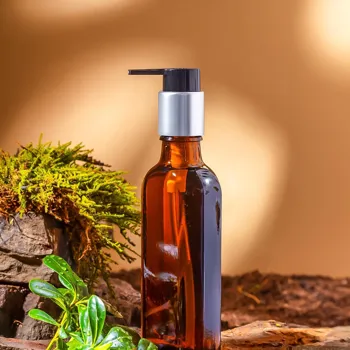
Our scalp produces sebum, a natural oil that keeps our hair moisturised and protected. Over-shampooing removes this sebum, leaving hair dry and brittle. So, unless you have a very oily scalp or work in a profession where your hair gets dirty every day, daily shampooing isn't essential.
Experiment with hair washing frequency based on scalp type
Experiment with how often your wash your hair - twice or thrice a week. Individuals with oily scalp can shampoo more often, whereas those with dry hair might find that washing once or twice a week is sufficient. Use a gentle, sulfate-free shampoo.
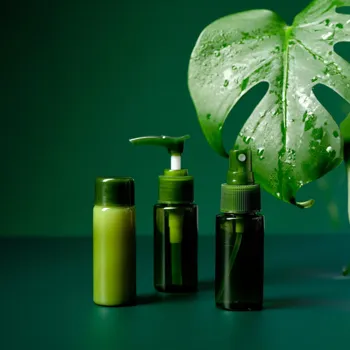
Sulfates are harsh detergents that can strip hair of its natural oils. Try co-washing (washing hair with conditioner only). This can help to cleanse and moisturise hair without removing all of its natural oils.
On days when you don't shampoo, you can use dry shampoo to absorb excess oil and refresh your hair.
Excessive hair brushing damages hair, use gently with quality brushes
Old wives' tale, indeed! This myth suggests that brushing your hair 100 times a day will make it shinier and healthier. The truth is, excessive brushing can cause breakage, damage the hair cuticle, and irritate the scalp. It is always better to use hairbrushes gently with a light hand.
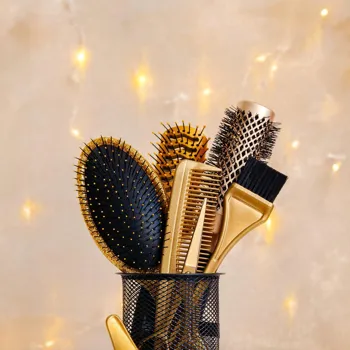
Do note that all hair brushes are also of different quality. Opt only for high quality hair brushes from known brands and sellers. Remember to change them out every few months or when they show signs of wear.
Gently brush hair when needed, avoid wet hair, use soft brush and serum for shine
Brush your hair only when necessary. Brush your hair gently if you have any tangles. Knots should also be removed gently. Use a soft-bristled brush and gently detangle your hair, starting from the ends and working your way up to the roots. Avoid brushing wet hair, as it is more prone to breakage.
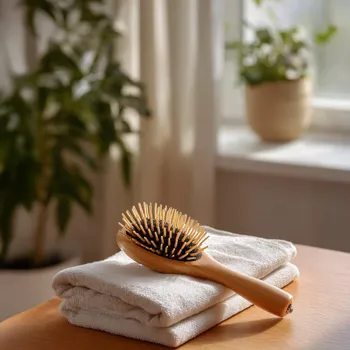
To add shine, use a serum or oil designed for your hair.
Not all natural ingredients suit everyone; effectiveness varies
Natural" is the buzzword, isn't it? While natural products can be great, the term "natural" is not always well-defined, and not all natural ingredients are beneficial for everyone. Sometimes, natural ingredients can cause allergic reactions or may not be effective for your specific hair type.
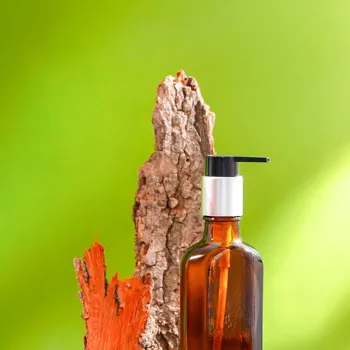
So, don't blindly assume that natural products is always better than their counterparts. The effect of the product depends on other factors as well.
Check ingredient lists, natural doesn't mean chemical-free. Do patch test before using new products
Read the ingredient lists carefully. Just because a product is labelled "natural" doesn't mean it's free of harsh chemicals or that all the ingredients are good for your hair. Do a patch test before using any new product, whether it's natural or not.
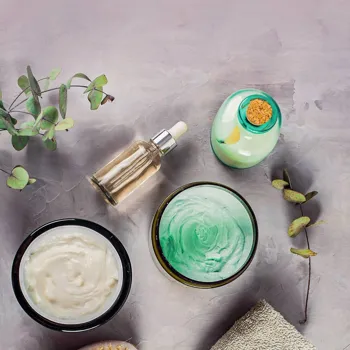
Apply a small amount of the product to your skin and wait 24 hours to see if you have any allergic reactions. So, consider your hair type and needs when choosing products, rather than just focusing on whether they're natural.
Air-dry is gentle but prolonged wetness harms hair
Ah, the great air-dry versus blow-dry debate! While air drying is generally considered gentler on hair, it's not necessarily always the best option. Wet hair is actually more vulnerable to damage than dry hair, and prolonged exposure to water can weaken the hair shaft.

Leaving your hair wet for too long can also lead to fungal growth on the scalp.
Proper hair drying techniques for healthy hair
If you choose to air dry, avoid tying up your hair or creating any styles while it's wet. If you use heat to dry your hair, blow-dry on low heat setting. Make sure you use a heat protectant spray. Don’t hold the dryer too close to your hair, and keep it moving to distribute the heat evenly.
You could also use the cool shot button. If you have curly hair, use a diffuser attachment to prevent frizz.
Debunking five common hair myths, find what works for you
So there you have it. We have now debunked five common hair myths. Remember, what works for one person may not work for another. It's all about understanding your hair, doing your research, and finding the right approach for your unique needs.
AI Generated Content. Glance/InMobi shall have no liability for the content
